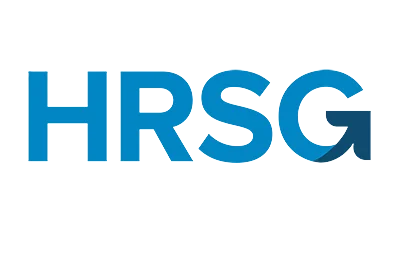Its is often said that “learning never stops no matter the age”. Learning is a part of life that leads to good earning and well stabilized career. Nowadays all kinds of jobs are revolutionizing that requires continuous effort in learning and Upskilling the expertise required for that job.
Learning For Earning:
“Learning for earning” is a concept that emphasizes the idea that continuous learning and skill development can lead to increased earning potential in one’s career. In today’s fast-paced and ever-changing job market, staying updated with new skills and knowledge is essential for career growth and financial success. This concept encourages individuals to invest in education, training, and self-improvement to enhance their qualifications and ultimately increase their income opportunities. Whether through formal education, online courses, workshops, or on-the-job training, the pursuit of learning is seen as a valuable path to earning a higher income and achieving career goals.
Career Transition Strategies:
Reskilling for new career or Upskilling your expertise requires some set of rules that are needed in the process of strategically reskilling for career transition. Here are some career transition strategies to apply in work life:
-
Assess Yourself:
One must need to first start assessing themselves to evaluate where they stand in life. Evaluate your interests, skills, hobbies, strengths and wraknesses to know where you stand in life.
-
Research for Trends:
After assessing you need to search for the trends you are interested in to know where you can excell in your career.
-
Identify your lackings:
Focus on the lackings and incapablities that are hurdle in your reskilling process. Try to incorporate new ideas and technologies in your work field.
-
Expand your Network:
Expand your network in the field you want to transition reskilling. Meet new people, attend industry events, join relevant online forums, and connect with professionals who can offer guidance and potential job leads.
-
Work for Your Goal:
To reskilling for your new career one needs to gain practical experience. Practical experience can be achieved through workshops, internships or freelance working to gain hands on experience. For this you can choose learning resources according to your need such as online courses, workshops, or formal education.
-
Transition your skills too:
Emphasize on transitioning in skills from your previous career that are applicable to your new field. Effective communication, leadership, and problem-solving skills are often transferable and a good go for learning for earning.
-
Seek Guidance and Stay updated:
This is the best career transition strategy that you need to follow for strategic reskilling and career change. One must need to continuously seek guidance from the people in field you are looking upto. Stay updated on trends, news and developments in the industry.
In conclusion, the journey from learning to earning and strategically reskilling for career transitions is a dynamic process that requires self-assessment, dedication, and adaptability. The concept of “learning for earning” underscores the importance of continuous learning and skill development in today’s rapidly evolving job market. It’s a philosophy that encourages individuals to invest in their education and self-improvement to unlock greater earning potential and achieve career stability.
To successfully navigate a career transition, a set of strategies must be employed. These strategies encompass assessing one’s strengths and weaknesses, researching industry trends, identifying areas for improvement, expanding professional networks, gaining practical experience, and transitioning relevant skills.






